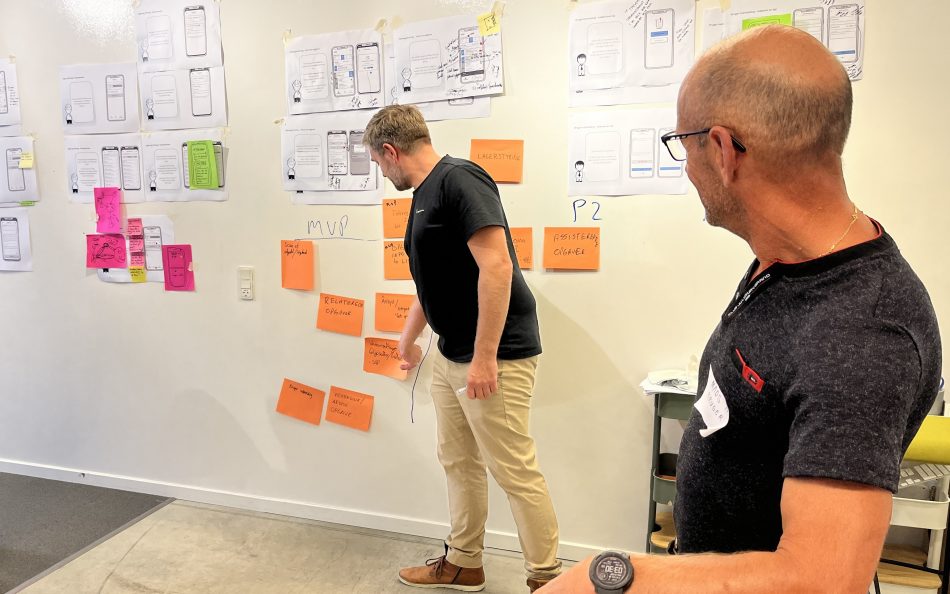Case
Customer
Danish Defence
Industry
Public

The Danish Ministry of Defence Estate Agency (MDEA) handles all construction projects for the Danish Ministry of Defence authorities. Responsible for property assessments, buying and selling, legal consultations, preservations, and environmental issues, MDEA oversees 700 rental properties.
The challenge MDEA faced was the complex nature of their internal processes. The utility and equipment maintenance department, serving military and non-military personnel, struggled with a complicated and time-consuming system.
The existing process involved receiving requests through their SAP system, which proved to be ineffective, non-flexible, and prone to manual errors. Handyman tasks, like fixing windows and purchasing supplies, suffered due to an outdated system, causing inefficiencies, miscommunication, and delayed responses.

The primary need was to enhance and automate the internal processes, making MDEA more efficient and reducing the risk of data loss. The current system, with its reliance on paper-based requests and workflows, hindered the timely completion of tasks.
The department required a solution that would streamline request handling, task management, and time tracking for the handyman workforce. The work ahead highlights Trifork’s role as a catalyst for change, addressing challenges that management might not have previously been aware of.

“It was impressive to see how Trifork’s design thinking approach challenged our way of thinking and really pushed us out of our habits. The results of the workshops have given our business team the tools to describe our work processes. It has also provided us an understanding and importance of which stakeholders are necessary participants.”
Marianne Sletten
SAP IT Consultant, The Danish Ministry of Defence Acquisition and Logistics Organisation
To address the challenges, Trifork approached the situation with our proven design thinking methodologies. Our team conducted fieldwork, interviewing both administrative staff and handyman personnel to gain comprehensive insights into their workflows and challenges. We organized two workshops, emphasizing collaboration between the different levels of staff.
The first workshop focused on setting the scene and on problem exploration, while the second delved into solution ideation through detailed wireframes, encouraging hands-on input from those directly involved in task execution, emphasizing minimal viable product (MVP) principles.
It became evident that transitioning from manual to automated processes would significantly save time, improve efficiency, and minimize the risk of errors. Trifork’s engagement fostered collaborative decision-making and prioritization, ensuring alignment with user needs and business objectives.

The outcome was a tailored high-fidelity mobile app design, addressing requisition management, task prioritization, and time tracking. It featured a user-friendly interface for task execution and provided real-time overviews of assignments for the handyman workforce. Introducing a “direct task creation” feature streamlined processes and eliminated unnecessary steps. The design also included a map feature for task location, optimizing daily schedules.
Overall, the workshops revealed insights into daily task complexities and inefficiencies. This collaboration highlights potential for impactful improvements via focused workshops and user-centric design. While further collaboration is possible, immediate achievements underscore the value of an efficient, collaborative problem-solving approach.

Interested in hearing more? Get in touch with us:
Subscribe
Find out the latest news first
Content